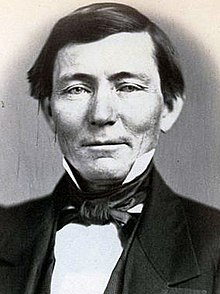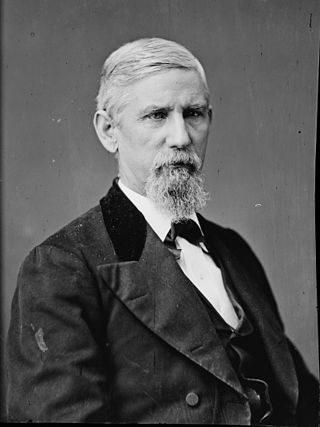
Washington Curran Whitthorne was a Tennessee attorney, Democratic politician, and an Adjutant General in the Confederate Army.
Luke Lea was a two-term United States Representative from Tennessee.

William "Extra Billy" Smith was a lawyer, congressman, the 30th and 35th Governor of Virginia, and a major general in the Confederate States Army during the American Civil War. On his appointment in January 1863, at 65, Smith was the oldest Confederate general to hold field command in the war.

Milledge Luke Bonham was an American politician and Congressman. He was later the 70th Governor of South Carolina from 1862 until 1864, and a Confederate General during the American Civil War.
University of Nashville was a private university in Nashville, Tennessee. It was established in 1806 as Cumberland College. It existed as a distinct entity until 1909; operating at various times a medical school, a four-year military college, a literary arts college, and a boys preparatory school. Educational institutions in operation today that can trace their roots to the University of Nashville include Montgomery Bell Academy, an all-male preparatory school; the Vanderbilt University Medical School; Peabody College at Vanderbilt University; and the University School of Nashville, a co-educational preparatory school.

John Littleton Dawson was a Democratic member of the U.S. House of Representatives from Pennsylvania.
Balie Peyton was an American lawyer and politician who represented Tennessee's 6th congressional district in the United States House of Representatives.
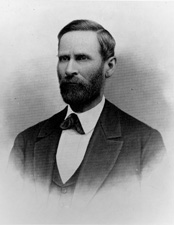
Waldo Porter Johnson was an American lawyer and politician who served as a Missouri state representative, as well as briefly as a U.S. Senator before being expelled for treason in 1862, then serving as a Confederate States Army officer and Confederate States Senator from Missouri from 1863 to 1865 and finally as chairman of the Missouri constitutional convention of 1875.
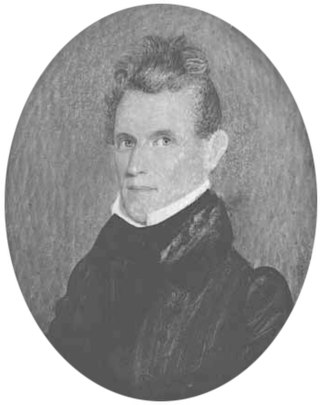
George Washington Barrow was a slave owner, American politician, a member of the United States House of Representatives for Tennessee's 8th congressional district; he later fought against the Union as a member of the Confederate Army and was charged with treason.

John Houston Savage was an American politician and a member of the United States House of Representatives for the 4th congressional district of Tennessee.
George Washington Bridges was an American politician and a member of the United States House of Representatives for the 3rd congressional district of Tennessee from 1861 to 1863. A Southern Unionist, he was arrested and jailed by Confederate authorities during the first few months of the Civil War in 1861. Though he eventually escaped, he did not take his seat in Congress until February 25, 1863, a few days before his term expired.
Reese Bowen Brabson was an American politician who represented Tennessee's 3rd district in the United States House of Representatives from 1859 to 1861. He also served one term in the Tennessee House of Representatives, from 1851 to 1852. Brabson opposed secession, and took no active part in the Civil War.
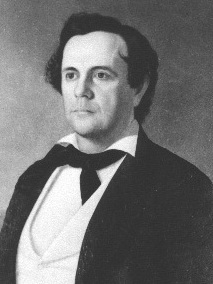
Nathaniel Green Taylor was an American lawyer, farmer, and politician from Tennessee. He was U.S. Representative from Tennessee from 1854 to 1855, and again from 1866 to 1867, and Commissioner of Indian Affairs from 1867 to 1869.

Robert Porter Caldwell was an American politician and a member of the United States House of Representatives for the 7th congressional district of Tennessee.

RodolphusHolland Duell was an American lawyer and politician from New York. He was elected to Congress and became United States Commissioner of Patents.

Charles Russell Train was an American lawyer and politician who served two terms as a U.S. Representative from Massachusetts from 1859 to 1863.

James Cameron Allen was a U.S. Representative from Illinois.

Ralph Pomeroy Buckland was a U.S. Representative from Ohio, as well as a brigadier general in the Union Army during the American Civil War and an executive of the Union Pacific Railroad following the war.

Henry Smith Van Eaton was an attorney, politician and military officer, reaching the rank of captain in the Confederate Army. He was elected from Mississippi's 6th congressional district as U.S. Representative, serving 1883 to 1887.
